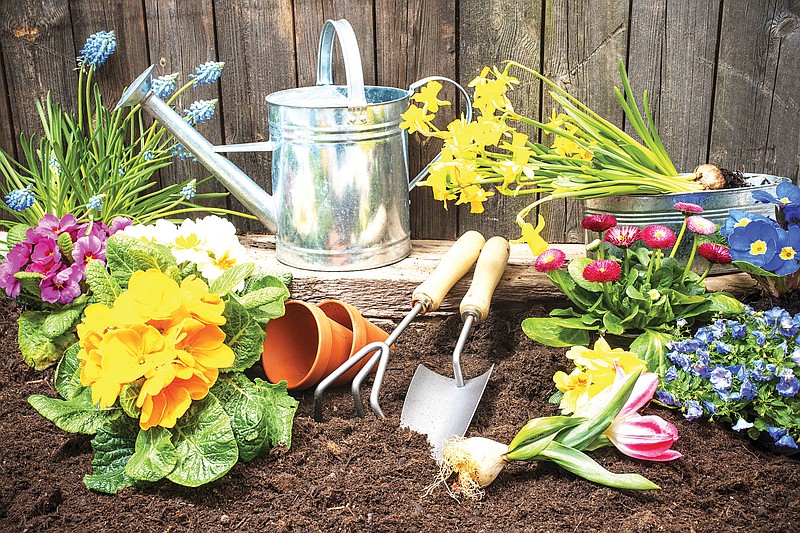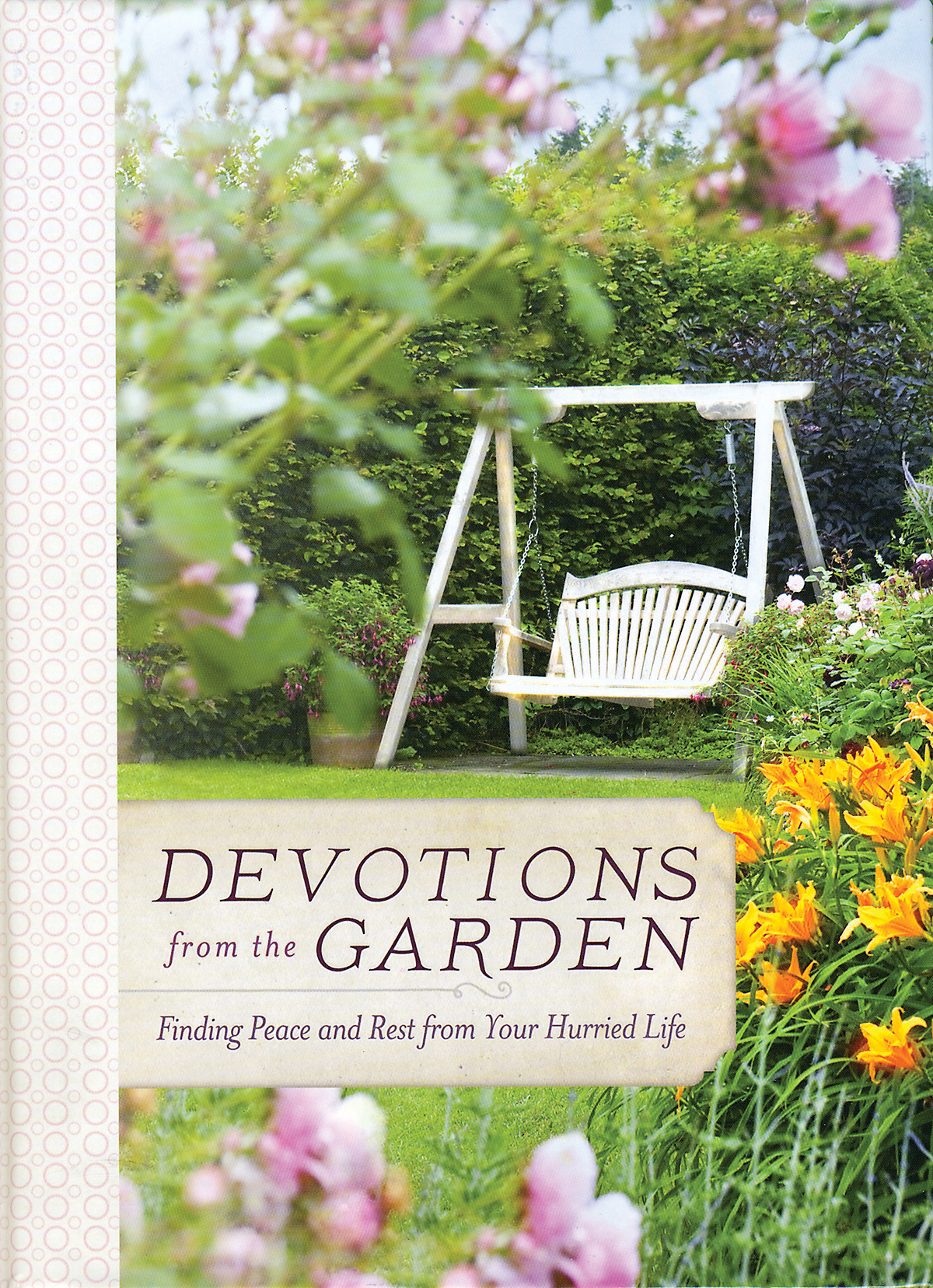Miriam Drennan finds spiritual peace in gardening.
And though she insists she's not an expert gardener, Drennan readily admits that she enjoys the connection with God that it offers.
"I enjoy the process, the learning and certainly the harvest, but most importantly, it's one way to care for God's creation," she says. "It isn't always practical or cost-effective, but neither is God."
A resident of Nashville and a certified Master Gardener, Drennan's recently penned "Devotions from the Garden: Finding Peace and Rest from Your Hurried Life," (Thomas Nelson publications, $16.99), which combines Scripture with 90 of her essays on gardening. Each essay starts with a Bible verse and ends with a prayer, but in between she offers educated advice on gardening challenges ranging from soil pH to crop rotation to root systems while also bringing up spiritual connections.
Combining her faith with her gardening was a challenge for "Devotions from the Garden." It isn't always easy to blend the sacred words of God and their far-reaching messages with the practical steps of weeding, fighting with insects or building greenhouses.
"Writing about Scripture is very serious business because it's there to help us grasp what we can about God's character, the spiritual realm and eternity," she says. "Certainly, there's humor and lighter moments. Being a Christian doesn't mean being stodgy, but I handle these sacred words and ancient truths with great care. It cannot be done flippantly, or shouldn't be."
Stewardship of the Earth is a subject that comes up in many religious circles these days, especially with ongoing climate change and other environmental issues. The United Methodist Church is sponsoring "The Green Church Initiative," which asks the question: "Have you ever thought of recycling as an act of worship?" The National Black Church Initiative has an ongoing program in its churches "to educate our congregants on the importance of the environment as it relates to their faith and to preserve the environment for all future generations," according to NBCI's website.
In Chattanooga, the Universalist Unitarian Church installed solar panels last year, the first phase of an energy-efficiency program that officials hope will lead to the church getting all its electricity from the sun. It also has an outdoor garden to attract wildlife and a recycling program.
New Hope Presbyterian Church has an "Earth Care Team" and its parent group, Presbyterian Church (U.S.A.) has an Environmental Ministries program. The church grounds at Grace Episcopal Church are a certified National Wildlife Federation Backyard Habitat.
Drennan also addresses environmental concerns in "Devotions from the Garden."
"Natural resources that used to exist in abundance are now more limited and therefore more expensive," she writes. "Recycling efforts are hardly universal, and debates continue over its cost-effectiveness. ... And too many generations have left much-needed conservation, maintenance, and cleanup to the next generation. With so much waste and filth built up, it's overwhelming to think about saving this polluted planet.
"Yet we are to care for God's creation because He commanded us to however difficult the task becomes."
Drennan admits though that, despite her Master Gardener title, good gardening is still somewhat experimental for her.
"It has become a joke between my father and me that I still can't grow a decent crop of tomatoes," she says. "I've had temperamental herbs that come back like perennials, tropical plants that resurrect after the harshest winters, but tomatoes? One of the easiest vegetables to grow, and I still can't get it right."
Yet, despite her tomato shortcomings, she credits most of her gardening skills to her father, who seems like one of the original hippies.
"My parents bought their farm when I was 3, and we moved there when I was 6. In many respects, they did the whole homesteading thing with chickens, cows, beehives, etc. So my father taught me how to pollinate with a paintbrush, make pesticide without chemicals.
"He subscribed to 'Mother Earth News' and 'Progressive Farmer' long before hipsters declared them cool."
Contact Karen Nazor Hill at khill@timesfreepress.com or 423-757-6396.

